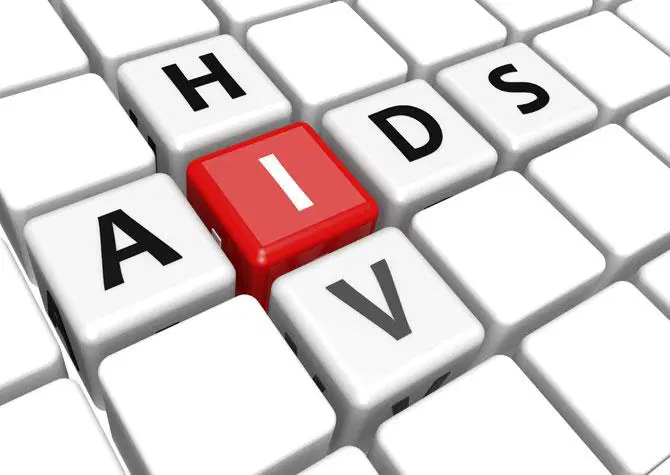
As Nigeria commemorates this year’s World AIDS Day on 1st December, the National Agency for the Control of AIDS, NACA, has charged Nigerians to shun all acts of stigma and discrimination, and rather embrace compassion and understanding for people living with HIV/AIDS, even as every Nigerian should strive to know their HIV status.
The Director-General of NACA, Dr. Temitope Ilori, who made the call in Abuja said that by embracing compassion, and promoting empathy, while reducing stigma and encouraging regular testing, Nigeria aims to strengthen its response to the AIDS challenge further and achieve its goal of ending the epidemic by 2030.
“My World AIDS Day message, in line with the theme for the year ‘Taking the Right Path, Sustaining the Game’, is that stigma and discrimination should stop, she noted in a chat with Vanguard.
“Let’s stop discrimination, let’s stop stigma, let’s embrace those with HIV, let’s allow them to come up and access care so that we all can be safe. When they are safe, we are safe. Undetectable equals untransmittable.
“Know your HIV status. Only when you know your status, can you know if you need to access health care or not, and all this you can do in all public healthcare facilities across Nigeria, free of charge.”
On the 2030 target to eliminate AIDS, Ilori was affirmative that it remained realistic and achievable for Nigeria.
“Yes, it is achievable. Yes, we can, but together we achieve more, and that is why the press, the general population, the radio, TV, jingles, and every other person should work together to ensure that we achieve this target.”
The NACA boss said the agency is implementing various strategies to reduce stigma and discrimination against people living with HIV/AIDS through the enforcement of anti-discriminatory laws at both the national and state levels and other comprehensive measures, aimed at creating a more inclusive and supportive environment for people living with HIV/AIDS in Nigeria.
“We have the anti-discriminatory law, which was launched at the National level but has been domesticated at the state level. This law empowers every individual to seek redress and whoever is found guilty of this law can be penalised, either you pay a fine, or you can even be jailed.
“There is the workplace policy, so people living with HIV and AIDS can report, and using the workplace policy, an organisation can be sued for discrimination and stigmatisation. Then there is the community-led monitoring, led by people living with HIV and AIDS and other stakeholders, ensuring that nobody is stigmatised. We also have our stigma index survey done periodically to assess where we are, to know what we need to do better and what the drivers of this stigma could be at the community level.”
As part of its activities to commemorate World AIDS Day, Ilori said NACA is hosting a X (Twitter) space discourse, discussing live with young persons on its X handle @NACANigeria and also on other social media pages including TikTok, LinkedIn, WhatsApp, and Facebook, etc.
The social media engagement with young people aims to discuss HIV prevention, treatment, and stigma reduction, and share informative content in the form of videos, audio messages, etc., to educate young people about HIV and encourage them to stay HIV-negative.
